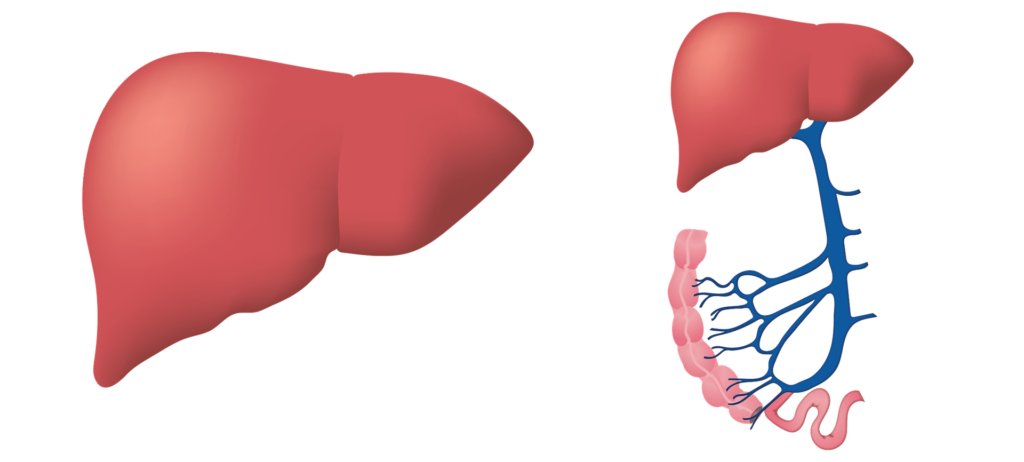- Dr Sudeep Khanna, the Senior Consultant Gastroenterologist at Apollo Indraprastha Hospital
Hepatitis is an inflammation of the liver. The condition may progress to scarring, cirrhosis or even liver cancer. There are 5 main hepatitis viruses, which are A, B, C, D and E. Hepatitis viruses are the most common cause of hepatitis, however, other infections, toxic substances (e.g. alcohol, certain drugs), and autoimmune diseases may also cause hepatitis.
Facts
- 325 million people are suffering from viral hepatitis B and C
- 900,000 deaths per year caused by hepatitis B virus infection
- Only 10 % of people living with hepatitis B and 19% living with hepatitis C know their hepatitis status
- Only 42 % of children, globally, have access to the birth dose of the hepatitis B vaccine
Covid 19 and Liver Disease
The incidence of abnormal liver function test in hospitalized patients with COVID-19 ranges from 14% to 58%. Most common derangement in LFT includes elevated AST and ALT, 1-2 times the upper limit of normal (ULN) and normal to modestly elevated total bilirubin early in the disease process. The liver injury occurs more commonly in severe COVID-19 cases than in mild cases. Rare cases of severe acute hepatitis have been described in patients with COVID19. Liver injury in mild COVID-19 cases is usually transient and does not require specific treatment beyond supportive care.
Elevated liver biochemistries may reflect a direct virus-induced cytopathic effect and/or immune damage from the provoked inflammatory response and cytokine release syndrome. Therapeutic agents used to manage symptomatic COVID-19 may be hepatotoxic but rarely lead to treatment discontinuation. These include remdesivir and tocilizumab.
Patients with cirrhosis or liver cancer are potentially at increased risk for severe COVID-19. Until further data become available, there should be a low threshold for testing these patients for SARS-CoV-2 if symptomatic. Other causes of liver diseases unrelated to COVID-19, including other viruses such as hepatitis A, B and C, and drug-induced liver injury need to be ruled out.
Chronic liver disease is associated with significantly higher mortality with COVID-19. The mortality risk is higher in patients with cirrhosis.
There is no evidence that patients with the stable chronic liver disease without advanced fibrosis/cirrhosis attributable to hepatitis B and/or C, or cholestatic syndromes such as primary biliary cholangitis or primary sclerosing cholangitis have increased susceptibility to SARS-CoV-2 infection. It is unknown whether patients with hepatocellular carcinoma (HCC) are at increased risk for severe COVID-19 by virtue of their malignancy or treatments.
Continue treatment for hepatitis B and hepatitis C if already on treatment. There is no contraindication to initiating treatment of hepatitis B and C in patients without COVID-19 as clinically warranted. Initiating treatment of hepatitis B in a patient with COVID-19 is not contraindicated and should be considered if there is clinical suspicion of a hepatitis B flare or when initiating immunosuppressive therapy. Initiating treatment of hepatitis C in a patient with COVID-19 is not routinely warranted and can be deferred until recovered from COVID-19
If the patient has advance fibrosis or cirrhosis, interactions with the lab and clinic should be minimized; however, therapy should still be prioritized. It is recommended to ensure you have an adequate stock of your medication to reduce unnecessary visits to health services or pharmacies. Stopping medication poses a risk of poor disease control. Any adjustments to your medications should only occur in discussion with your treating clinician.
If you have any questions, talk to your health care provider about steps to protect you from the coronavirus, or any other communicable disease.

